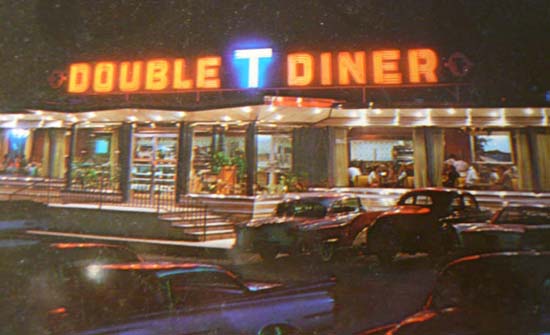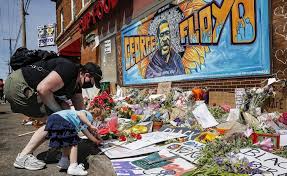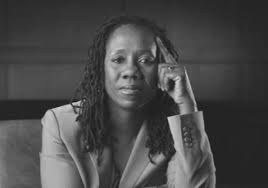
I should have recognized the prophetic nature of his view of life. I could have understood it, if I’d experienced as much living as he had. But when I met him, he was a 50-year-old dishwasher in the back of the Double T Diner, a popular roadside diner near Baltimore, Maryland, and I was a 16-year-old bussing tables and stocking shelves in the same restaurant, owned and operated by my uncle. I worked many a hot night side-by-side with Mr. Beale (as we all knew him) back in the summer of 1965. And early on in our kitchen co-worker relationship, I naively asked him what life as an African American had taught him.
“We shall overcome,” he said.
Those words weren’t original to Mr. Beale. They were, of course, adopted by a generation of Americans who’d witnessed a beloved president assassinated, astronauts land on the moon, an unpopular foreign war, the desegregation of U.S. schools and the martyrdom of their nation’s greatest civil rights leader all in the same decade.
But I remember Mr. Beale using them whenever I asked him about the apparent injustice of life for blacks in America. When I wondered why a middle-aged black man hadn’t managed to get ahead in life, he said he was content to have a job that provided for his family. When I asked if he was angry at a society for treating him as a second-class citizen, he applauded the freedom for which his country’s constitution stood. If I questioned his apparent calm in the face of blatant racism, he smiled and assured me that change would happen.
Isn’t it extraordinary that more than 110,000 Americans have died as a result of COVID-19 infection, but it’s the death of one man in a Minneapolis street during an arrest gone horribly wrong, that has shaken the American Republic to its core and grabbed the world’s attention daily for nearly two weeks.

George Floyd, handcuffed and being taken into custody because four Minneapolis police officers wanted to question him about a counterfeit $20 bill, lost consciousness and died because the officer’s knee on Floyd’s neck apparently asphyxiated him.
“I can’t breathe,” Floyd repeated to the officer for many minutes before another officer noted their suspect had no pulse.
And Floyd’s dying words have become a clarion call-to-action across America for a complete review of the way police, courts, educators, the health system, politicians and civilians view their fellow black Americans. “I can’t breathe,” now millions of protestors have repeated, demanding change.
I thought the tipping point might come with the presidency of Barak Obama. I watched. We all watched when the first African-American president was sworn in on Capitol Hill in Washington. When he said, “This is the meaning of our liberty and our creed,” during his 2009 inauguration, and spoke with astonishment that “a man whose father, less than 60 years ago, might not have been served at a local restaurant, can stand before you to take a most sacred oath,” we all thought this was the moment change would happen.
But it wasn’t. There were more police shootings of young black men and women. There was more violence and then came a president prepared, indeed eager, to set the clock back to the 19th century.
I’ve wondered since those summer days in 1965 why it’s taken us – yes, I include those of us of Caucasian privilege in Canada – so long to do something against systemic racism. Then, I watched CBS News’ 60 Minutes broadcast Sunday night. In an interview with correspondent Bill Whitaker, Sherrilyn Ifill, president of the legal defence fund with the National Association for the Advancement of Colored People (NAACP), noted the catalyst her country (and Canada too) has been waiting for.

“This is 2020. But you know what happens when you don’t deal with things that you should’ve dealt with? You keep reliving the past,” she pointed out. “So, for anyone who’s lamenting what we’ve been seeing over the last two weeks, ask them how much they have worked to improve the country.” And about the 18th century founders of her Republic, she added, “They didn’t get the job done. They left this work for the rest of us to do.”
That’s why I’ve been thinking about my 1965 acquaintance in the back of my uncle’s diner this week. Mr. Beale wasn’t nearly as angry or frustrated as some of his younger fellow citizens in the 1960s.
But unlike so many of them, who demonstrated and demanded, Mr. Beale never gave up the will. I became more politically active after that summer. I read up on history and politics of inequity and studied to become a journalist. But I became one of Sherrilyn Ifill’s “lamenters.” Mr. Beale, it turns out, knew the secret of bringing about change.
“I never get angry,” he told me. “But I never give up either.”